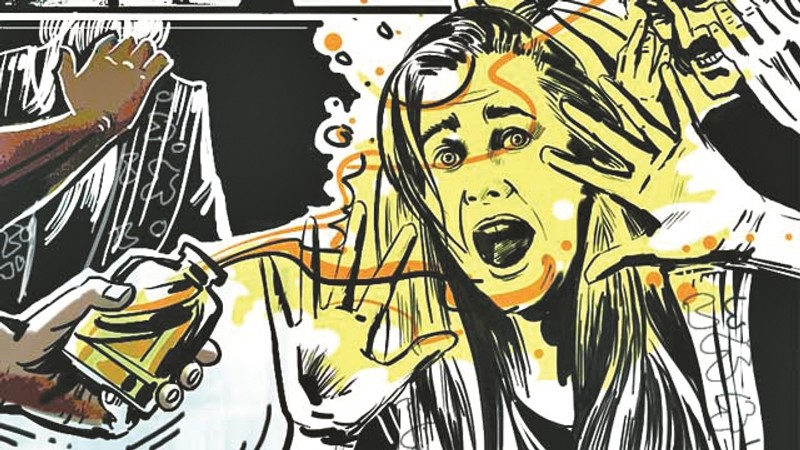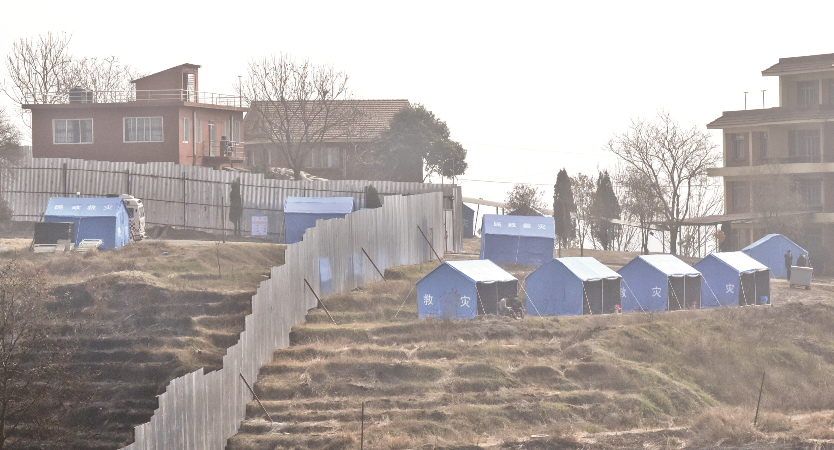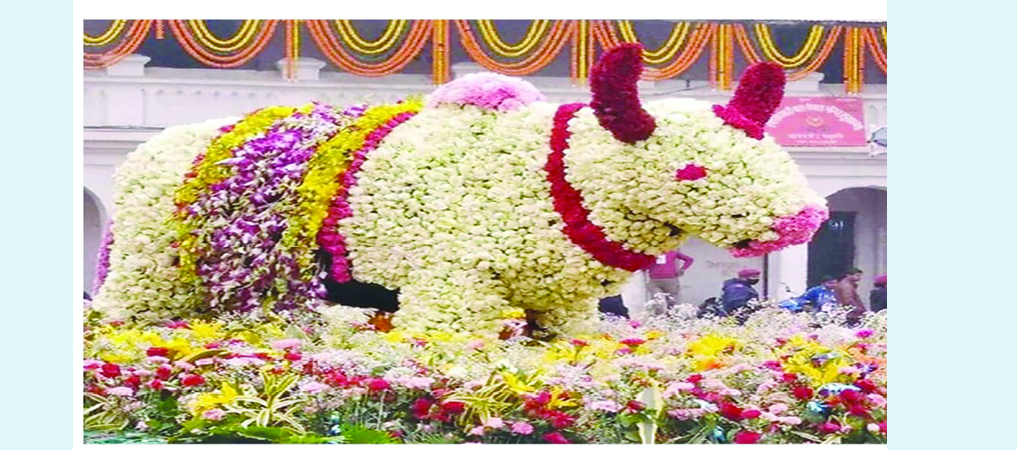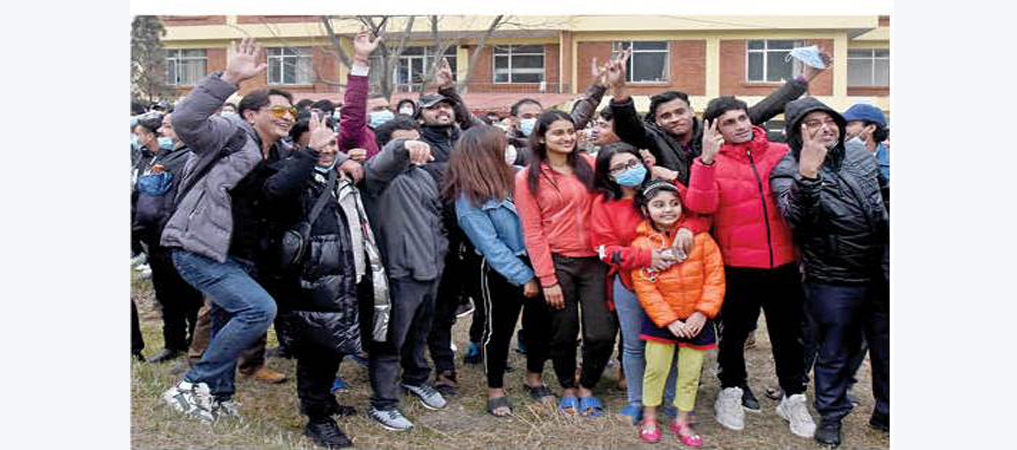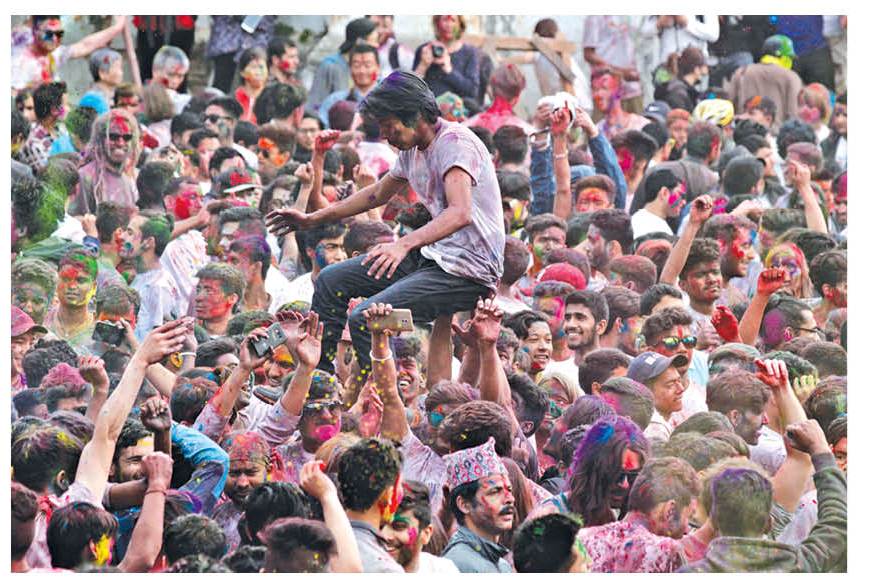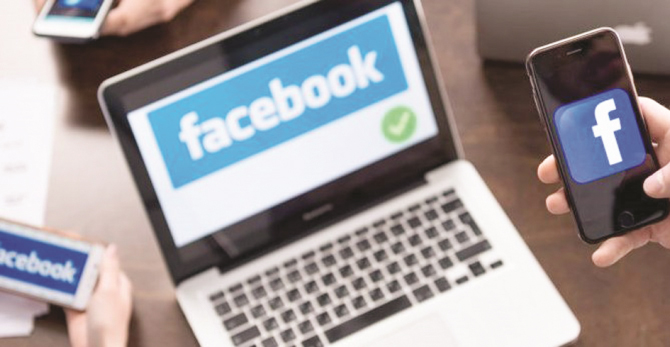COVID-19 changing people’s outlook to life
By Sampada Anuranjanee Khatiwada
Kathmandu, Apr. 21: While people across the globe have been in isolation or quarantine in the wake of COVID-19 scare, the experts said that the virus would leave a deep scar in terms of social life of people.
As the global pandemic has instigated fear amongst everyone about how an invisible virus could take over the entire world, putting millions of lives into threat, this fear would somewhat continue even after the world recovers from the pandemic.
“The virus has changed our outlook towards everything in life,” said Govinda Bhandari, a sociology professor. “The behavioural change in the people is certain, irrespective of how good or bad it is.”
Bhandari said the long-term effect of coronavirus would be seen in social lives of people. “The concept of socialising will change drastically,” he added. “Socialising meant catching up with friends, loved ones or relatives until now, but the spread of COVID-19 has completely changed the definition of socialisation.”
Now, socialisation will be all about being virtually in touch with people, without physically meeting them or hanging out with them, added Bhandari.
He said that the people would, for a certain time, be afraid to hang out in crowds or attend parties or even visit their friends’ or relatives’ houses.
This will create both positive and negative impact in society, he added.
The fact that people would not burn a hole in their pockets in the wake of parties or celebration of every minor life event is a positive aspect, added Bhandari.
“While socialising has become synonymous with social distancing, people will be more addicted to their phones or the Internet to be in touch with their people,” he added.
Along with change in the people’s behaviour, the COVID-19 has brought about a change in the working pattern of people. Globalisation was one of the reasons which took coronavirus to a pandemic level, but globalisation also proved that the people could continue doing their works from home even during pandemic.
Although the Work from Home (WFH) culture was prevailing in various forms before COVID-19, the pandemic took it into a new hype.
“The nationwide lockdown enforced by the government due to COVID-19 scare has proved that people could continue fulfilling their official responsibilities from their homes as well,” said Alina Bhattarai, a banker. “I have been working from home ever since the lockdown started.”
Bhattarai said that the WFH culture could potentially help youth get involved in various employment generating activities from their home even after the world hits restore button.
“Internet, a perk of globalisation has enabled everyone throughout the world to connect with each other, and the modern corporate culture, which has catered computerised way for employees to fulfill responsibilities, thereby ensuring practicality of WFH,” she added.
Bhattarai said that the cliché work cultures followed by offices would change after COVID-19.
“Along with escalation of WFH practice, the spread of virus, followed by lockdown at various places has reflected the importance of computerisation and modern work culture,” she added. “I believe the people would consider adapting modern corporate culture, where work responsibilities can be fulfilled anytime, anywhere.”
Furthermore, it is evident that people’s perception of hygiene and sanitation has changed completely due to COVID-19 scare. The world adopted culture of wearing masks, sanitising frequently and maintaining cleanliness in no time as the virus started spreading.
“Even after the antidote for the virus is found, the people would continue maintaining personal hygiene,” said Dr. Rabindra Pandey, a public health specialist.
One of the perks of COVID-19 is it taught people the importance of maintaining personal hygiene and sanitation, he added.
“As awareness is being spread on so many levels about the importance of maintaining cleanliness, the people would continue maintaining hygiene and sanitation for their lifetime,” added Dr. Pandey.
Maintaining sanitation, hygiene and social distancing is important to stay safe and unaffected from various viruses and communicable diseases.
Although these phenomena were important before the spread of COVID-19, the virus has alerted people on a longer run, he said.
Dr. Pandey said that COVID-19 had played a significant role in making people alert about maintenance of personal hygiene, sanitation and social distancing for their own good.
Recent News

Do not make expressions casting dout on election: EC
14 Apr, 2022
CM Bhatta says may New Year 2079 BS inspire positive thinking
14 Apr, 2022
Three new cases, 44 recoveries in 24 hours
14 Apr, 2022
689 climbers of 84 teams so far acquire permits for climbing various peaks this spring season
14 Apr, 2022
How the rising cost of living crisis is impacting Nepal
14 Apr, 2022
US military confirms an interstellar meteor collided with Earth
14 Apr, 2022
Valneva Covid vaccine approved for use in UK
14 Apr, 2022
Chair Prachanda highlights need of unity among Maoist, Communist forces
14 Apr, 2022
Ranbir Kapoor and Alia Bhatt: Bollywood toasts star couple on wedding
14 Apr, 2022
President Bhandari confers decorations (Photo Feature)
14 Apr, 2022





